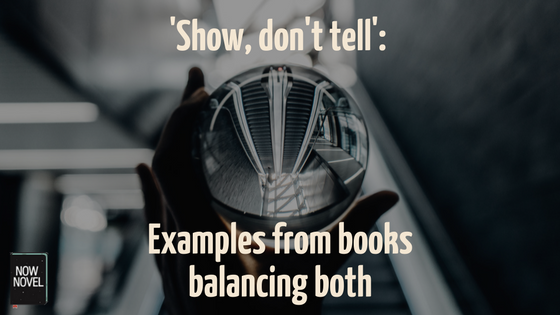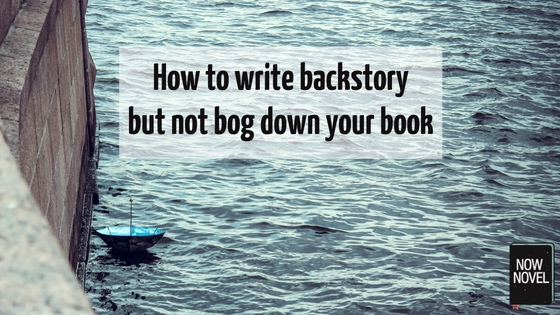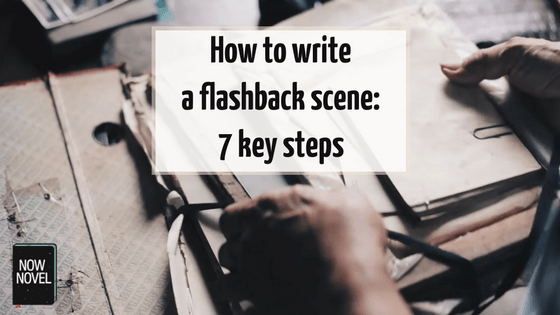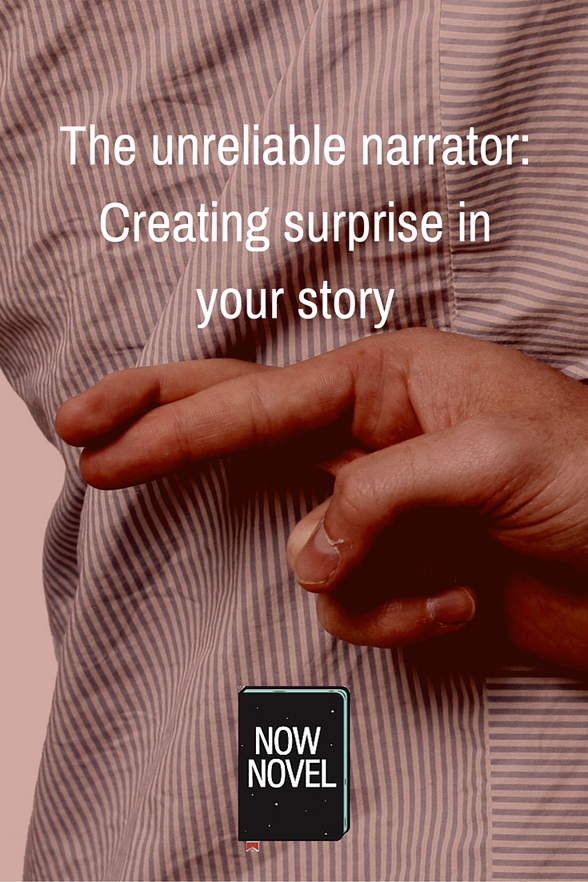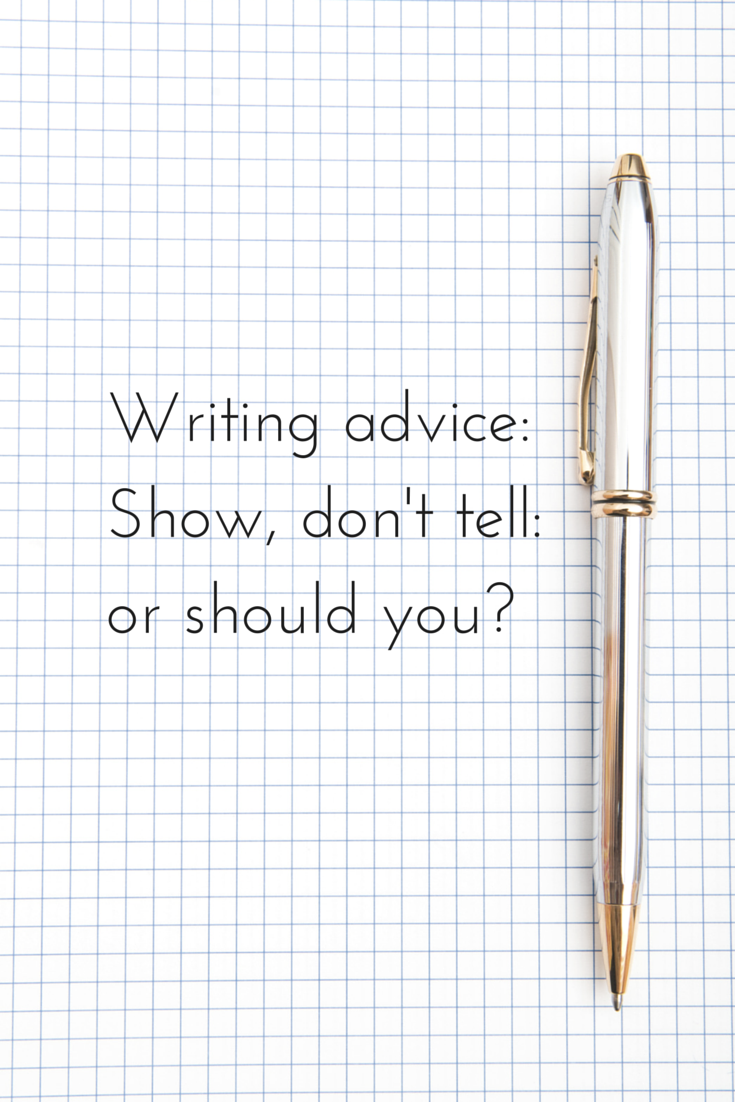‘Show, don’t tell’ is something every aspiring author has heard or read at some point. It’s true that telling the reader about your characters’ acts and emotions or your settings is often weaker than showing them. Read examples from books that put ‘show, don’t tell’ in context and reveal how to blend showing and telling effectively:
